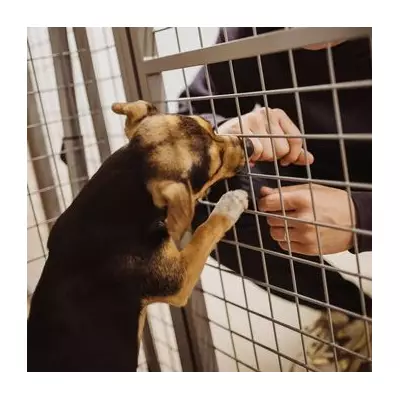
In a case that has stunned border officials and animal welfare experts, a 71-year-old man has been convicted for a brazen attempt to smuggle live exotic animals through one of Britain's busiest airports.
David William Endicott was caught red-handed at London Gatwick's North Terminal, attempting to bypass security with a veritable zoo concealed in his trousers. The shocking discovery was made during a routine security scan, which revealed an unusual bulge that raised immediate suspicion.
The Unusual Discovery
When security officers investigated further, they made a startling find: three live corn snakes and three bearded dragons—a type of chameleon—carefully wrapped in cloth and plastic containers hidden within the man's clothing. The animals, which are protected under international conservation laws, were found to be dehydrated and stressed from their ordeal.
Endicott, who had just arrived on a flight from Larnaca, Cyprus, claimed he had purchased the reptiles for £300 from a seller he met in a bar. However, investigators discovered he had previously attempted to import 20 leeches through the same airport in 2022.
Legal Consequences and Animal Welfare
The Horley man pleaded guilty to six counts of breaching customs and excise management act regulations. He was sentenced to 12 months imprisonment, suspended for two years, and ordered to complete 200 hours of unpaid work.
An RSPCA spokesperson expressed serious concerns about the welfare of the animals, stating: "Transporting animals in this way causes them unnecessary stress and suffering. They can very quickly become dehydrated and are at high risk of injury from being kept in inappropriate conditions."
Broader Implications for Wildlife Trafficking
This case highlights the ongoing challenge of wildlife trafficking through UK airports. Border Force officials have emphasized their commitment to detecting and preventing such attempts, which not only cause animal suffering but also threaten biodiversity and ecosystems.
The rescued animals have since been transferred to specialist facilities where they are receiving appropriate care and rehabilitation.





